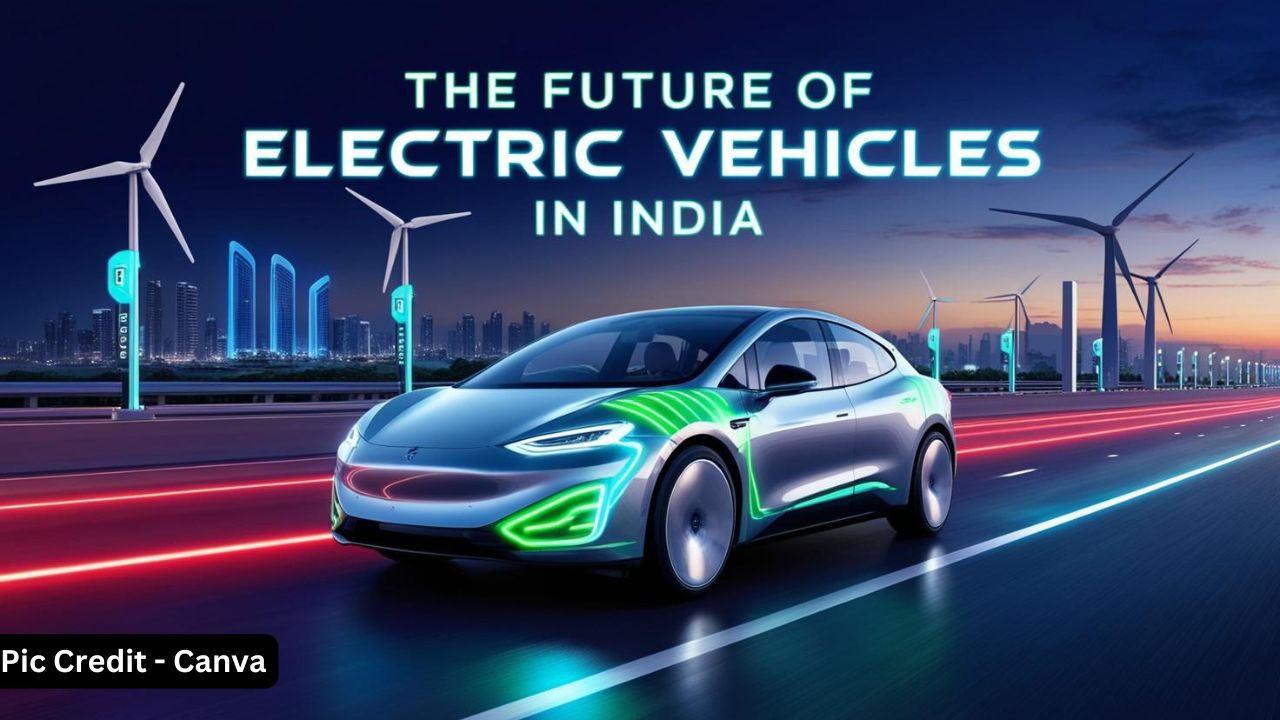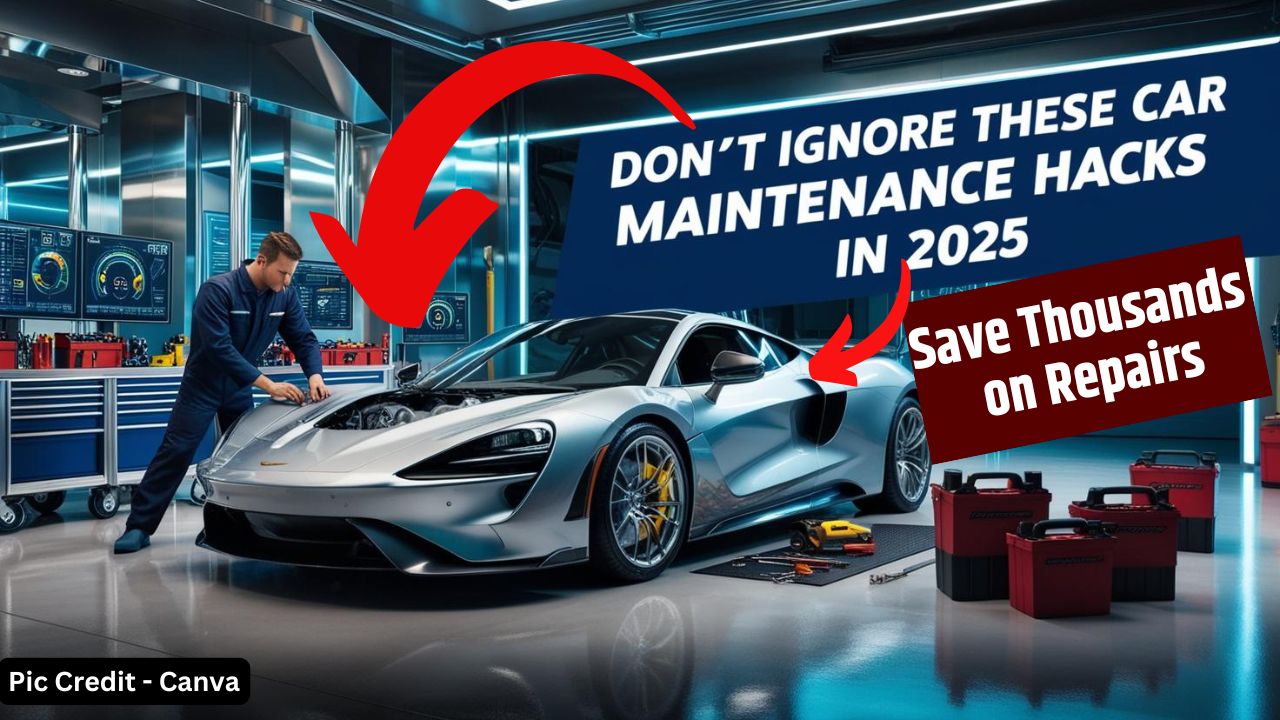The Future Of Electric Vehicles In India : India maintains the position as the second biggest automobile market in the world where the adoption of electric vehicles (EVs) demonstrates increasing speed. The EV transition develops from three key elements including governmental policies coupled with rising public enthusiasm and private sector funding growth.
The transport sector electrification in India will benefit India directly and create significant effects on worldwide EV market evolution.
The current growth presents several existing as well as upcoming obstacles. The absence of extensive EV charging facilities across India combined with highly expensive EV initial costs deter potential buyers from EV purchases.
The high use of coal electricity generation in the nation creates uncertainties regarding the actual environmental advantages of electric vehicles. This study examines India’s current EV sector status alongside its forthcoming market potential and existing obstacles and gained knowledge from worldwide advanced EV nations.
Read More : How to Launch a Profitable Dropshipping Business in 2025
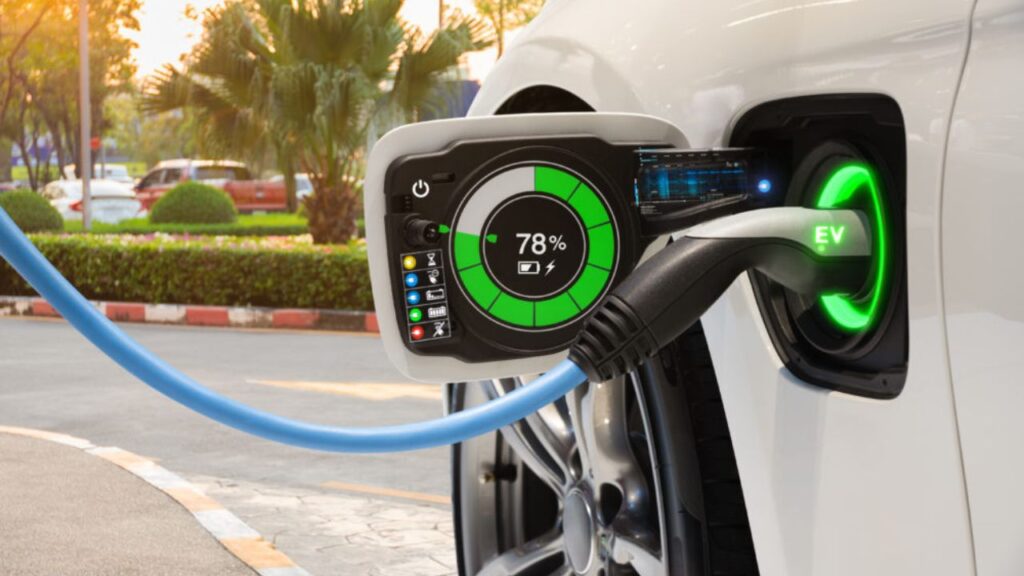
Rapid Growth Of India’s EV Market
The Indian market positions among top worldwide sellers of two-wheelers and three-wheelers and contains position 5 for private cars and commercial vehicles. EV adoption has shown steady growth as the sales numbers have experienced significant increases during recent years.
The data from JMK Research indicates that India sold 455,733 EV units during FY2022 alongside the Ministry of Road Transport and Highways’ total EV registration numbers amounting to 1,334,385 vehicles in July 2022.
The Indian government established an ambitious strategic target which directs EVs to reach at least 30% of the total road traffic by 2030. Different organizational and financial programs work together to lower the cost and expand availability of EVs.
Read More : Don’t Rush for Buying a Used Car In 2025 Before Reading This!
India’s Ambitious EV Goals and Government Policies
Indian policies exist to boost electric vehicle ownership in the country. The National Electric Mobility Mission Plan (NEMMP) works as a strategy to decrease crude oil consumption through the support of Electric Vehicle (EV) adoption. Through the Faster Adoption and Manufacturing of Hybrid & Electric Vehicles (FAME) scheme manufacturers as well as EV buyers can access financial benefits to promote faster adoption of electric vehicles.
Various states such as Assam, Telangana, Tamil Nadu and Gujarat have initiated separate policies to attract EV production facilities and raise their manufacturing capacities. Several public and private investments will dramatically expedite India’s transition to electric vehicles throughout the upcoming years.
Why India’s EV Growth Matters Globally
EV adoption in India will produce substantial global impact. India positions as the third-largest petroleum importer while its transition to electric vehicles reduces its need for foreign oil which influence worldwide fuel markets.
India stands as one of the crucial markets for sustainable mobility because it houses more than 1.4 billion people. The successful deployment of India’s EV plans will establish the country as a benchmark for emerging economies that want to shift to green transportation systems.
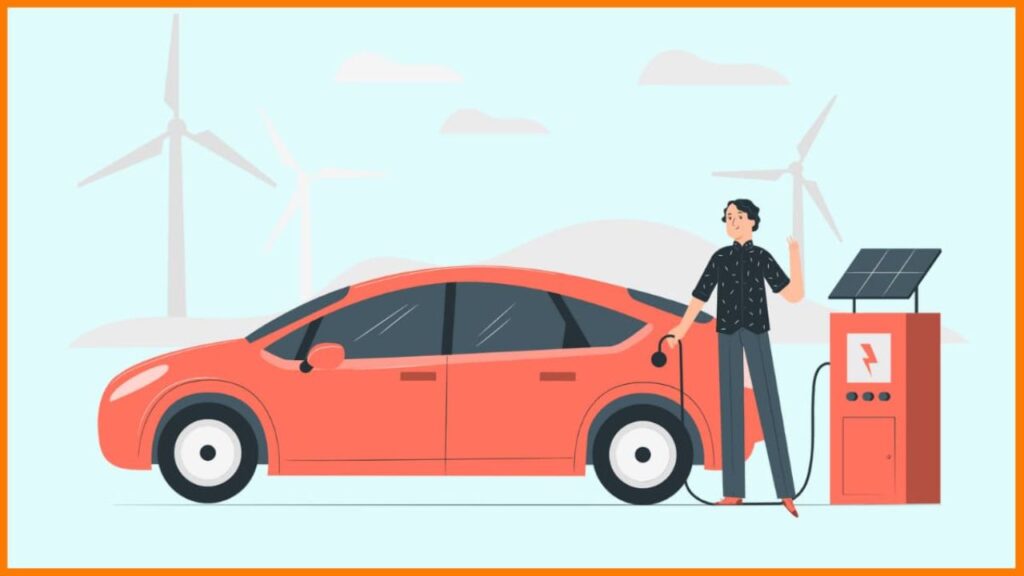
Read More : Top 10 Paytm Cash Earning Apps in 2025 : Just Scratch & Win Real Cash
Environmental Benefits of EV Adoption in India
Air Pollution
Through the adoption of EVs Indian society will promote multiple beneficial environmental changes. Air pollution from transportation activities remains high in New Delhi metropolitan areas since two- and three-wheelers generate 50% of the PM 2.5 pollution measurements. Evading traditional vehicles for electric vehicles would produce major air quality improvements while enhancing public health standards in India.
Noise Pollution
The city noise level ranks India as having five of its locations among the world’s most noisy spots. EVs generate much quieter sounds than internal combustion vehicles because they lack gear systems and exhaust components. The transition will establish quieter urban conditions that boost environmental comfort in cities.
Reduced Fuel Expenses
EVs prove more energy-efficient than standard automobile vehicles on the road. Current petrol and diesel cars use 17-21% of stored energy to generate motion but EVs efficiently transform 60% of grid-supplied electrical power into motion. A higher operational efficiency will lead to reduced fuel expenses thus driving more demand for electric vehicles throughout India.
Read More : How to Become a Successful Travel Blogger in 2025
Economic Opportunities in India’s EV Industry
Fleet Operators Benefit from Lower Costs
EVs create numerous economic prospects which India is ready to tap into. Operating expenses for Amazon and BigBasket as well as other fleet operators decrease when they replace their gasoline-powered fleet with electric vehicles. The operational costs for petrol-powered two-wheelers reach ₹2 per kilometer yet electric two-wheelers require only ₹0.52 per kilometer so the expense reduces significantly by 50%.
Opportunities for OEMs
The EV market creates substantial business opportunities for Original Equipment Manufacturers (OEMs) to develop low-cost automotive components for Indian and international markets. Local battery production receives support from the Indian government which aims to reduce both national imports and lower EV prices through domestic manufacturing.
Growth in Real Estate Development
Infrastructure for real estate will experience benefits because India must acquire additional land to construct EV manufacturing facilities and battery plants alongside constructing charging infrastructure. By 2025 the EV industry needs 1,300 acres of land to build batteries alongside 13.5 million square feet of space required for charging stations as Colliers reports.
Consumer Adoption and Job Creation
The EV revolution will deliver advantages to customers through its implementation. People within Indian society show increased openness to adopt new technologies when their income improves. Rapid EV adoption will occur because both the government and private sector companies continue to develop the charging infrastructure network. The industry transformation will establish 5 crore (50 million) employment opportunities in manufacturing and technology as well as service fields across India.
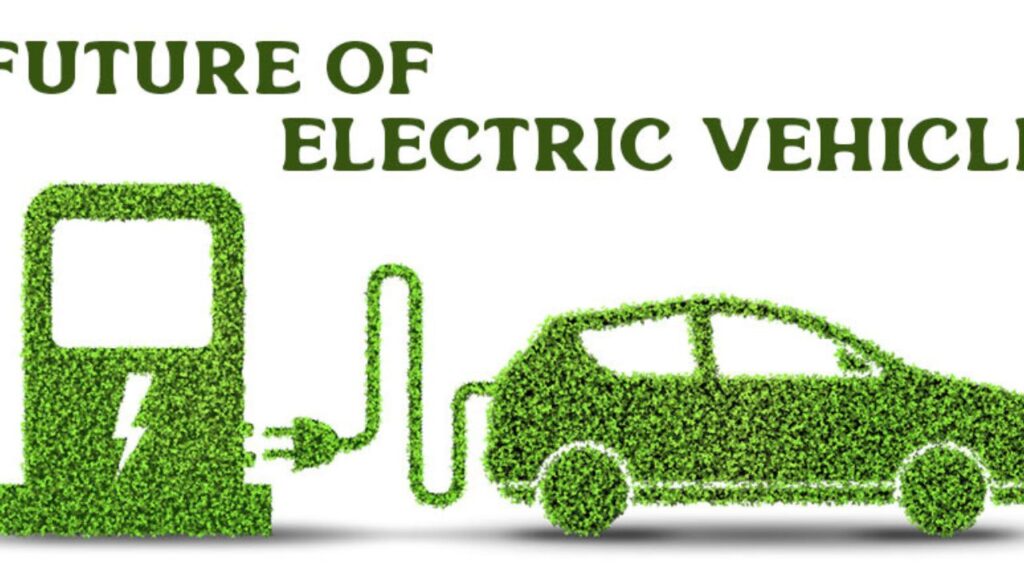
Read More : What Is Level 13 Deputation in 7th Pay Commission: Eligibility, Salary, and Examples
Challenges Hindering EV Adoption in India
Dependence on Coal-Based Electricity
Despite the many opportunities, India still faces several challenges on its path to full EV adoption. EVs have limited environmental potential because India mostly generates electricity from coal. The government continues to seek more solar power and wind energy options as solutions to manage this issue.
Lack of Charging Infrastructure
A major barrier exists because India does not have enough charging stations installed throughout the country. At present India operates only 934 charging stations but China possesses 1.8 million charging facilities. The government continues its collaboration with private companies to develop infrastructure for charging network expansion despite facing a significant investment challenge.
Battery Technology Limitations
Battery technology is another limitation. The current EV models available in India operate with restricted driving distances because they feature restricted battery storage sizes. The government supports battery development and production by setting up the National Mission for Transformative Mobility and Battery Storage program. The development of powerful storage batteries remains the main objective because these batteries will enable extended driving distances.
Consumer Hesitancy & Resistance to Change
The public shows reluctance to purchase electric vehicles because of their high prices along with doubts about unproven technology and worries about the value of future resale. To enhance the EV buying appeal both private industry and the government now engage in promotional campaigns with purchasing benefits.
Lessons India Can Learn from Other Countries
Several countries have successfully increased EV adoption, and India can learn from their strategies.
Europe: The European Union and the UK have boosted EV sales through tax reductions and financial incentives. India is adopting similar policies to encourage EV adoption.
China: China sold 6.89 million EVs in 2022, thanks to strong government support and intense domestic competition, which led to price reductions. India needs to encourage more competition among local EV manufacturers.
USA: The US EV market is growing, but high prices and supply chain issues remain challenges. India can avoid similar pitfalls by strengthening local battery production and improving raw material supply chains.
Read More : How to Earn Money from Travel Blog In 2025: Strategies For Profit
The Role of Digital Solutions in India’s EV Growth
Technology stands as a essential element for the future of electric vehicles in India. The adoption of intelligent charging networks together with digitized fleet control systems and mobile app solutions for time-sensitive battery monitoring will enhance EV adoption efficiency. Digital platforms offer a solution to enhance consumer awareness while making it easier for people to purchase EVs.
Will India’s EV Dream Become Reality?
The electric vehicle revolution in India advances rapidly with government policy backing and rising consumer interest and increasing investments. To realize the potential of electric vehicles additional work needs to be done to solve the problems related to inadequate charging facilities together with battery prices and usage adoption.
With knowledge acquired from foreign countries as well as technological improvements India could emerge as the global leader in electric mobility. Such a successful implementation would generate positions while decreasing dependence on oil and transforming India into a progressively sustainable nation. Electric vehicles in India manifest an outstanding future which will produce global effects.
